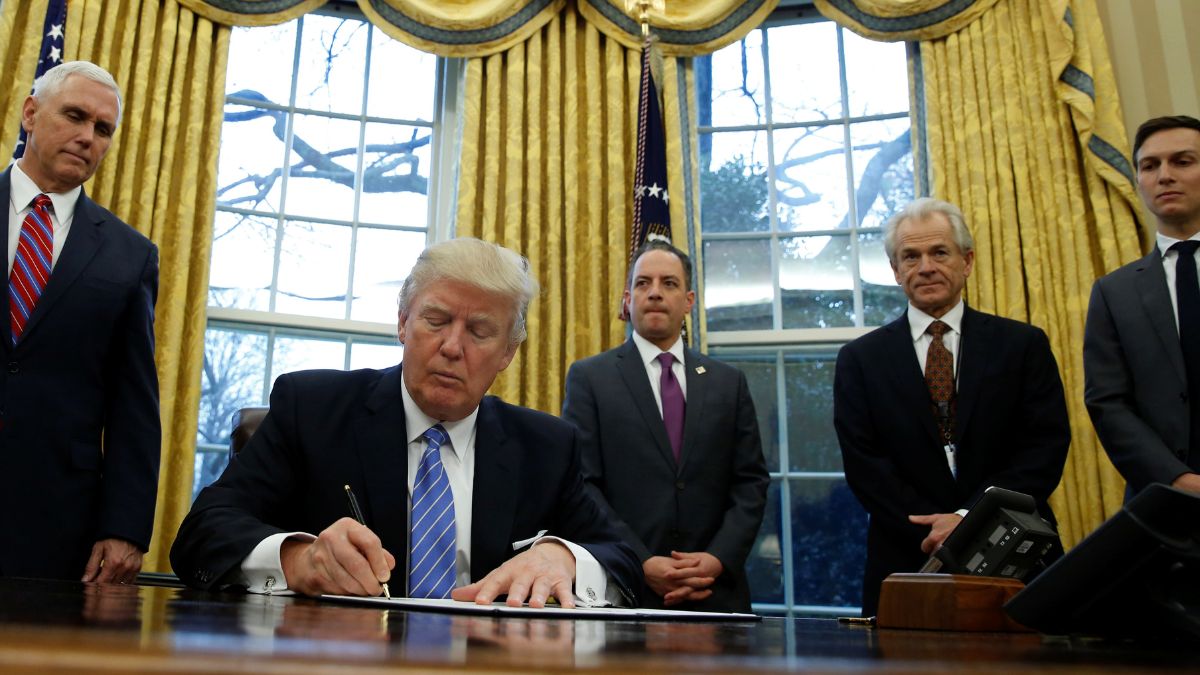India’s former G20 Sherpa Amitabh Kant on Saturday said that US President Donald Trump’s decision to impose a $100,000 annual fee on H-1B visas will hurt America’s innovation while acting as a blessing in disguise for India.
Trump on Friday signed an executive order on Friday that would impose a whopping $100,000 annual fee on H-1B visa applications . The ruling is being seen as a major blow to the US tech industry, which relies heavily on foreign workers from India and China who use this visa to enter and work in the United States.
In a post on X, Kant wrote, “Donald Trump’s $100,000 annual fee on H-1B visas will choke US innovation, and turbocharge India’s. By slamming the door on global talent, America pushes the next wave of labs, patents, innovation and startups to Bangalore and Hyderabad, Pune and Gurgaon. India’s finest Doctors, engineers, scientists, innovators have an opportunity to contribute to India’s growth & progress towards #ViksitBharat. America’s loss will be India’s gain.”
Why does it matter?
In just the first half of 2025, Amazon had more than 10,000 H-1B visas approved, while Microsoft and Meta Platforms had more than 5,000 approvals each. The H-1B program in the United States offers 65,000 visas annually to employers bringing in temporary foreign workers in specialised fields, with another 20,000 visas for workers with advanced degrees.
Indians hold approximately 70 per cent of all H-1B visas, meaning over 200,000 Indian professionals could be directly affected by recent policy changes. Major Indian IT firms like Infosys, TCS, Wipro, HCL, and Cognizant, which depend heavily on H-1B workers for their US client projects, are likely to face significant operational challenges.
The impact extends to US Big Tech companies and financial institutions as well. Microsoft, Google, Amazon, Citi, and AT&T are among the largest H-1B employers and now face increased hiring costs and regulatory hurdles.
Impact Shorts
More ShortsStartups and research labs in the US may also find it harder to attract top-tier foreign talent due to the added financial and bureaucratic burden. According to immigration experts, the new policy could backfire by pushing companies to offshore more jobs overseas, rather than encouraging the hiring of American workers.
)